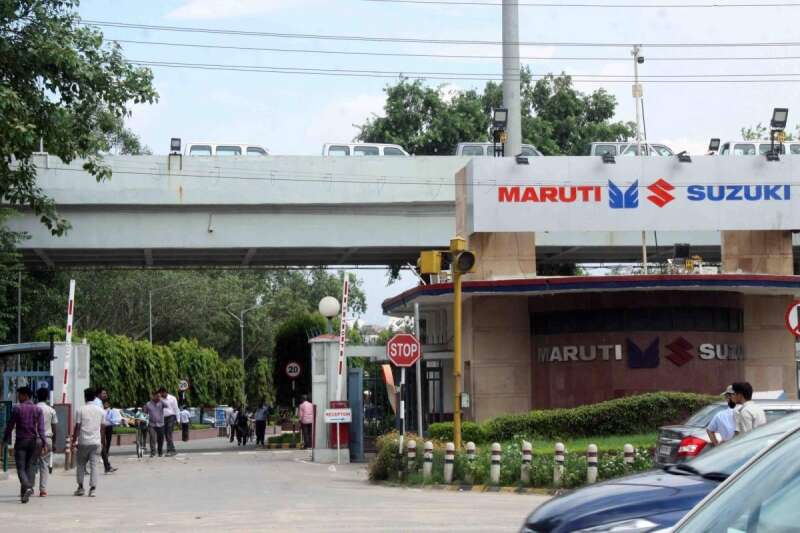There would be no revenue loss to the government on account of direct spectrum allocation for private 5G networks to enterprises, as they shall purchase the spectrum at a price to be fixed by the government and allocated administratively…reports Asian Lite News
As India takes baby steps towards 5G, leading industry body Broadband India Forum (BIF) said on Thursday that private 5G networks would be crucial for the enterprises to augment efficiencies, enhance productivity and march towards Industry 4.0.
Meant for non-public use, Private 5G Networks are not about Public Data and Voice networks working inside private/captive campuses as is being alluded to and misunderstood in certain quarters.
“India needs higher efficiencies in verticals like manufacturing, healthcare, education, agriculture, financial inclusion and many others to accelerate the process of digital transformation. This can best be achieved only through the use of Private 5G Networks,” said the BIG in a position paper.
Private 5G Networks are about the deployment of high speed, enhanced data capacity, and ultra-low latency applications inside a closed manufacturing unit, hospital, airport, shipping port, etc.
“Since none of these applications are working in India at present, claims to be able to deliver these features through public networks are unsubstantiated,” said the paper.
For example, a Maruti or an Apollo would know its system and requirements far better than anyone else, and therefore, would be able to customise and design the network and applications accordingly.
A Public Telecom Network set up by a telecom licensee would necessarily have to be one which optimises the various needs of the masses.
“It would not be in a position to meet specific enterprise higher and specific SLAs (service-level agreements) that are characteristic of specific industry verticals. For example, the needs and requirements would be quite different of a Maruti-Suzuki automotive factory from that of an Apollo Hospital or of an IIT Delhi campus, and so on,” said the industry body.
Most of the revenues of the telcos are external and that remains completely untouched and, hence, they remain protected as do the government revenues.

“The Non-Public Networks or Private Networks constitute additional revenue streams for the telcos and the government. This revenue stream has not yet been tapped,” said the BIF.
There would be no revenue loss to the government on account of direct spectrum allocation for private 5G networks to enterprises, as they shall purchase the spectrum at a price to be fixed by the government and allocated administratively.
“Enterprises who will be permitted to set up Private Networks would have to acquire a Special CPWN License and would be required to pay License Fee. So, under no count does the government stand to lose revenues, as is being apprehended in some quarters,” read the position paper.
It is a misconception that Private 5G Networks would lead to revenue losses for the telcos, as expressed by certain entities.
“In fact, a more efficient captive network through Private 5G would lead to increased productivity for the enterprise, which would help grow business activities/external communications, thereby driving better revenues for the TSPs (technical service providers). New enhanced revenue streams could flow to the telcos,” according to the BIF paper.
It needs to be clearly understood that Private Networks would not be addressing the retail market and they would need the dedicated spectrum within the local campus only and the same spectrum if required, can be reused elsewhere.
Only a limited amount of spectrum (about 100 MHz, depending on the specific spectrum bands) would be required and is to be used/deployed within the geographical boundaries of the premises (with specific lat-longs) and not in the entire LSA/Circle.
The Telecom Regulatory Authority of India (TRAI), after significant deliberations, has considered that Captive Wireless Private Networks are not Public Networks, have no market customers, and are limited to a specific location.
Thus, TRAI has most appropriately recommended that the spectrum is to be assigned administratively, in line with global practices.
As India gears up for the 5G spectrum auction, the TRAI is aiming to enable the framework for enterprises to build their own private networks.
Leading industry bodies have hailed the TRAI recommendations of around 35-40 per cent cut in the reserve price for 5G spectrum for mobile services, terming it historic and which can finally put India on the world 5G map.
The telecom regulator has put forward a mega auction plan valued at over Rs 7.5 trillion at the base price allocated over 30 years.
The entire gamut of available spectrum in 600 MHz, 700 MHz, 800 MHz, 900 MHz, 1800 MHz, 2100 MHz, 2300 MHz, 2500 MHz, 3300-3670 MHz and 24.25-28.5 GHz spectrum bands has been recommended by the TRAI to be put to auction.
In future auctions, the access spectrum will be assigned for a period of 30 years as against 20 years now.












